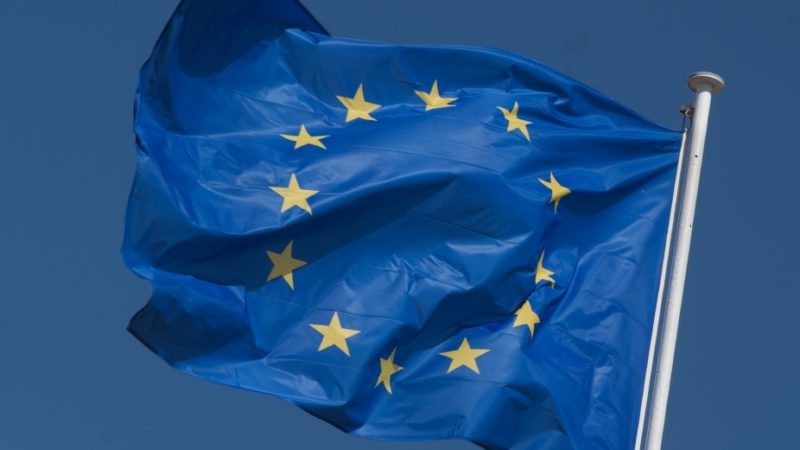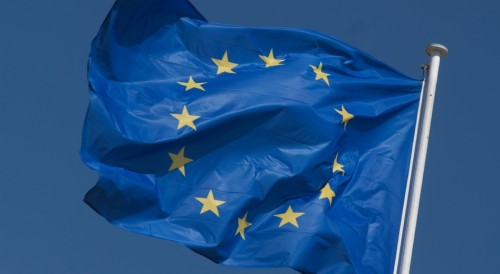

It could not be more apparent (or obvious) that there is a gender pay gap in existence. A recent calculation carried out by the Fawcett Society found that from the start of this week until the end of the year women will effectively work for free. It was a contentious revelation with some denouncing the very idea as preposterous. But the Fawcett Society calculation does illustrate the issue of the gender pay gap which at the end of 2015, shockingly, remains unresolved.
As a Labour representative in Europe and Labour’s spokesperson in Europe for gender and equality I have worked for a long time to address the issue of gender and pay. Equality between men and women is a fundamental value which lays the foundations of the European Union. The principle of gender equality is enshrined in the EU treaties, and the European Parliament takes the issue of a gender pay gap increasingly seriously.
However, the reality is that we are a long way from achieving any form of parity. The average hourly wage for women in Europe is 16.3% lower than it is for men. This equates to women working for free for 59 days each year.
One of the most notable moves by the European Union was to introduce for the first time a dedicated Commissioner for women, at the start of the current mandate last year Commissioner Vera Jourova the Commissioner for Justice, Consumers and Gender Equality is also taking the issue seriously. She stated in a speech earlier this month that urgent action was needed to tackle pay inequalities.
Meanwhile a consultation undertaken by the European Commission, the results of which were published in November, found that equality between men and women and the gender pay gap was the most urgent inequality that the European Union must address. Commissioner Jourova is clearly concerned and in response to this said: “At the current pace, the gender pay gap is declining so slowly that we will need to wait another 70 years to achieve equal pay – that’s not one generation, but two”.
There is support across the Commission for the issue, and Frans Timmermans, the first vice president of the European Commission declared in a speech delivered in New York in September: “I am a feminist.” He said to the audience: “We tend to think of gender progress as a straight line. Some countries are lagging behind, but everyone’s moving in the right direction. In the end we’ll all get there. It’s a natural evolution – it’s happening by itself. Well, it’s not.”
Not only is a gender pay gap unjustified and unacceptable but the consequences are life long. The cumulative effect of the pay gap means women’s pensions are affected with calculations suggesting that women’s pensions are 39% less than men’s. Women need to have equal access to the workplace for as long as men in order to close the pension pay gap. This can be achieved by providing opportunities for women to enjoy their careers for the same length of time as men. We should be able to reach a situation where, if women choose, they are not forced to leave the labour market for lengthy periods in order to be the primary carers. This means encouraging men to take on their share of familial responsibilities, among other measures.
The Commission is seeking to address this very issue. In August it introduced a road map, known as New Start to Address the Challenges of Work-life Balance Faced by Working Families; it hopes to identify ways to combat the low participation of women in the labour market.
As well as looking at low participation of women in the labour market, the ‘new start’ initiative seeks to find ways to help parents or those with dependent relatives to find a better balance between their caring and professional responsibilities.
The programme will also seek to tackle the issue of affordable childcare and rigid working arrangements as well as the absence of incentives for men to take on more childcare responsibilities.
It’s not just a cultural shift required, legislatively there is also work which needs to be done. While legislation does exist which is meant to protect women in areas of un-equal pay there are problems with it being outdated and also concerns that its poor implementation and lack of thorough enforcement by member state governments has rendered it obsolete.
Earlier this year the European Parliament voted to adopt a report which examined the implementation of the EU Directive on equal opportunities and equal treatment of men and women in employment. The report found that the existing legislation had ‘reached its limits’ and stressed the urgent need for it to be updated.
The report also searched ways to overcome the problem of unequal pay and identified wage transparency as one effective tool to combat this. Mandatory wage transparency would also arm existing employees with knowledge concerning their own pay and benefits package but also provide the basis of evidence for victims who are seeking to initiate discrimination cases.
The report also recommended that there could be a complete overhaul of the existing directive. Such a move could include the introduction of things such as wage transparency and wage audits. It could also include other specific measures such as changing the burden of proof principle in cases where there are claims of alleged sex discrimination.
It is shocking that despite more than 40 years of legislation that the existence of a gender pay gap is so prominent and so obvious.
By May Honeyball MEP London and Labour’s spokesperson in Europe for gender and equality.




More from LabourList
‘I was wrong on the doorstep in Gorton and Denton. I, and all of us, need to listen properly’
‘Why solidarity with Ukraine still matters’
‘Ukraine is Europe’s frontier – and Labour must stay resolute in its defence’